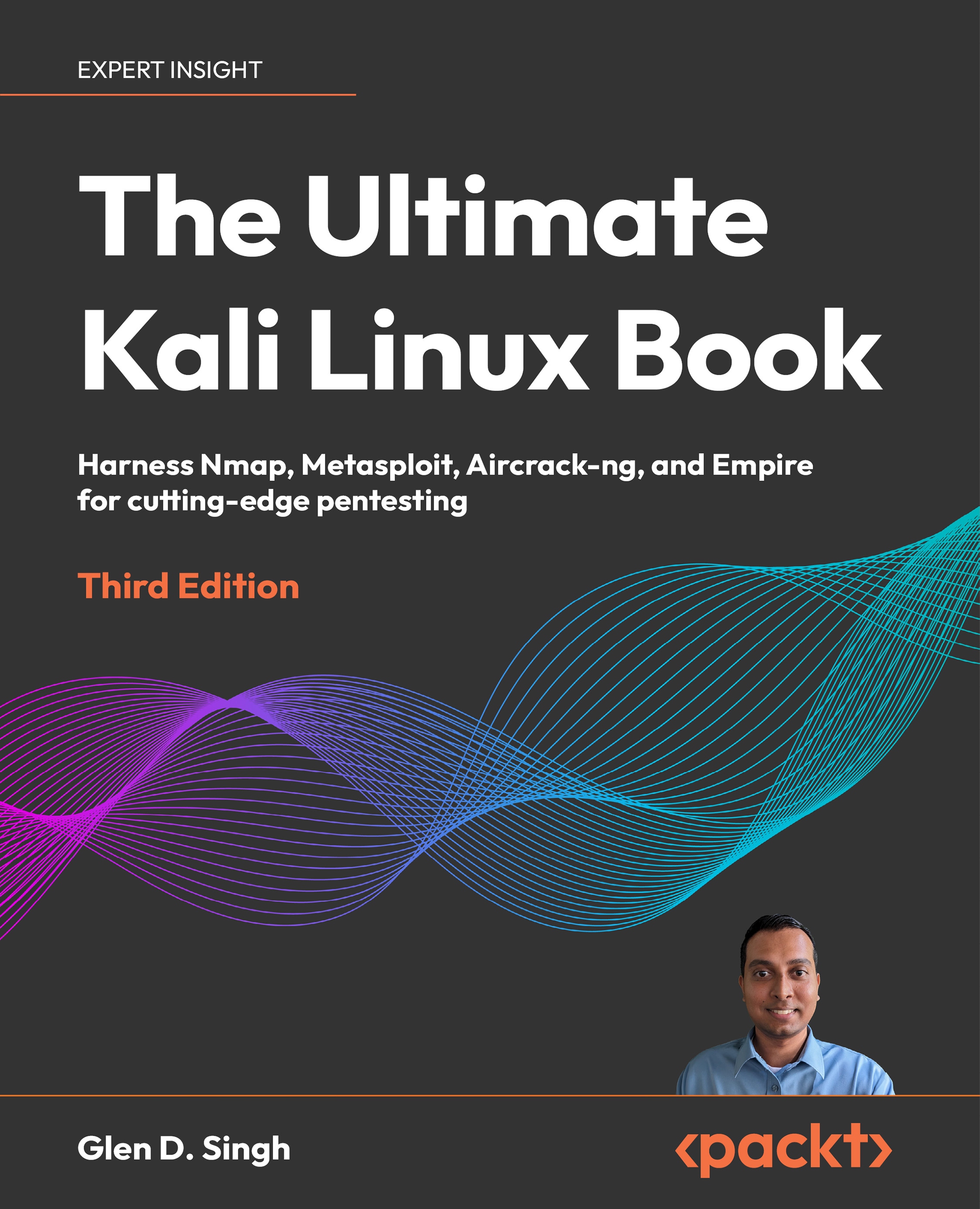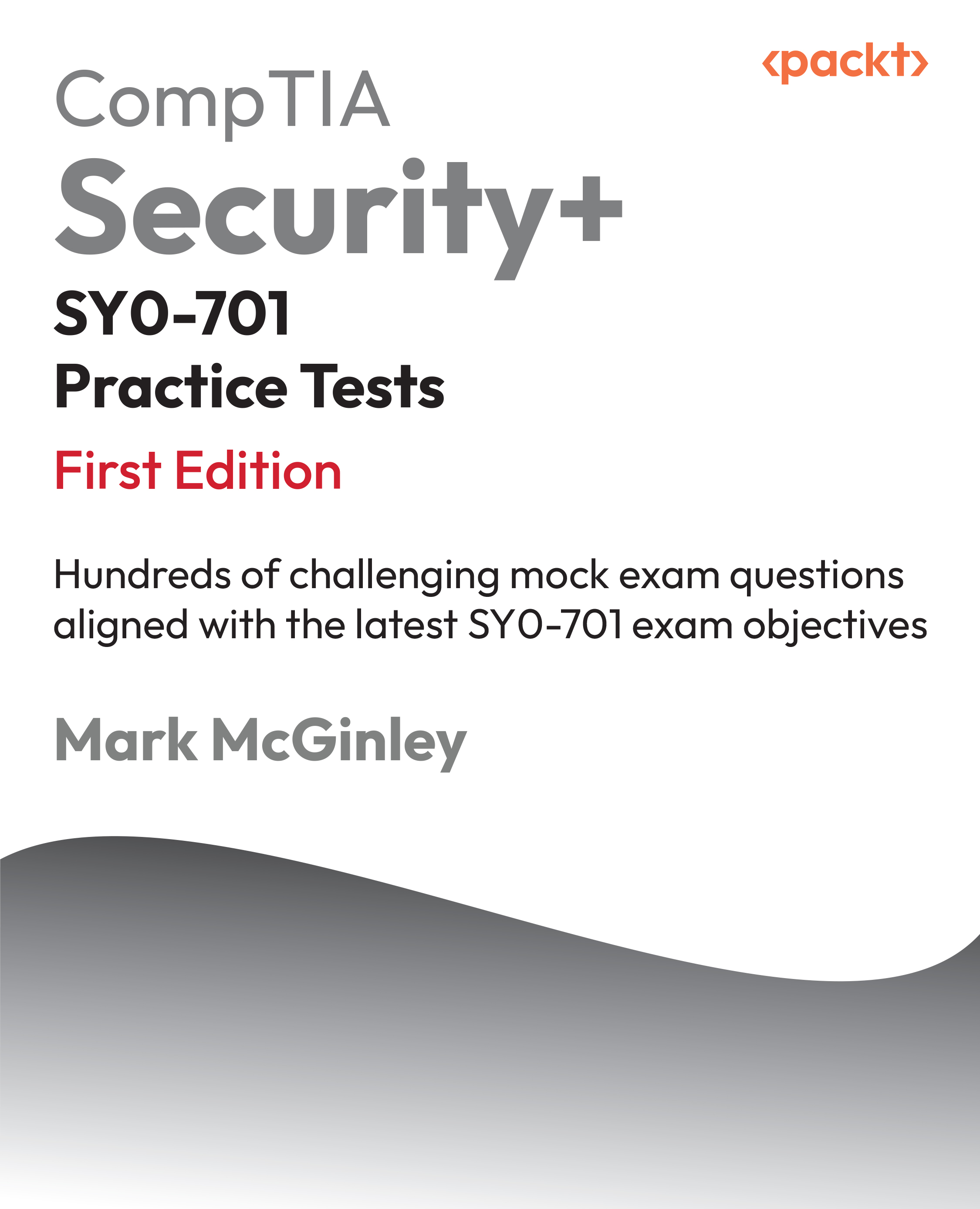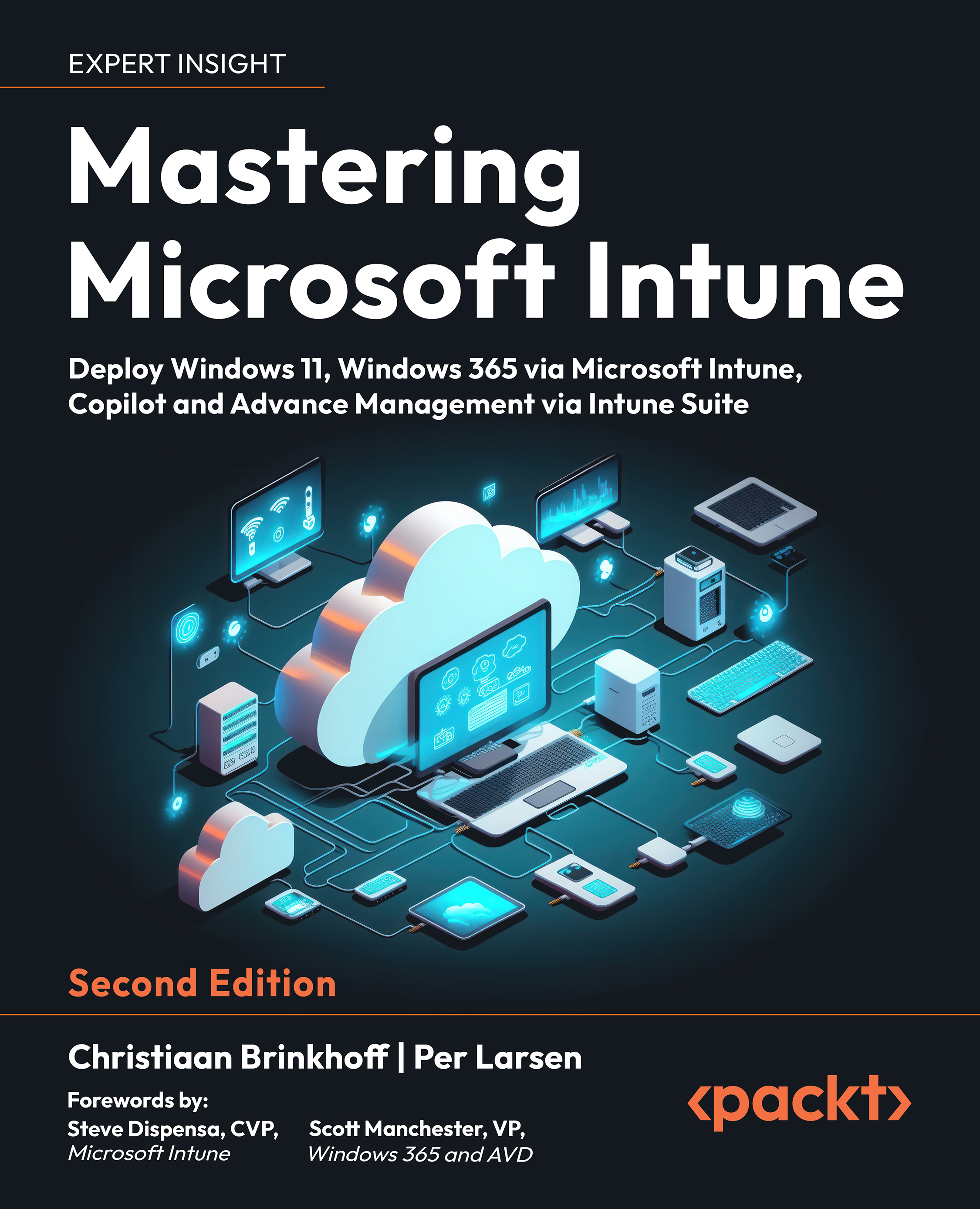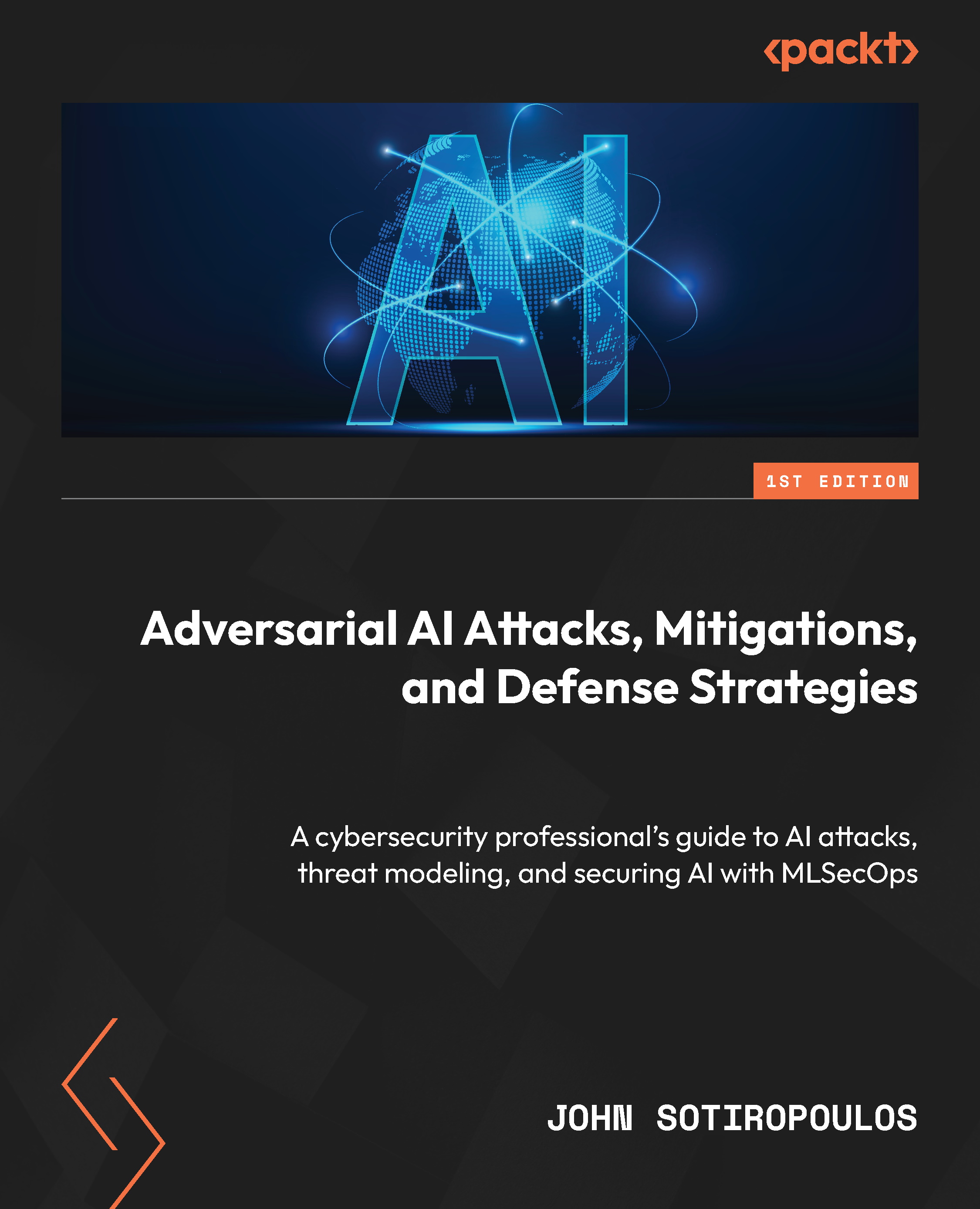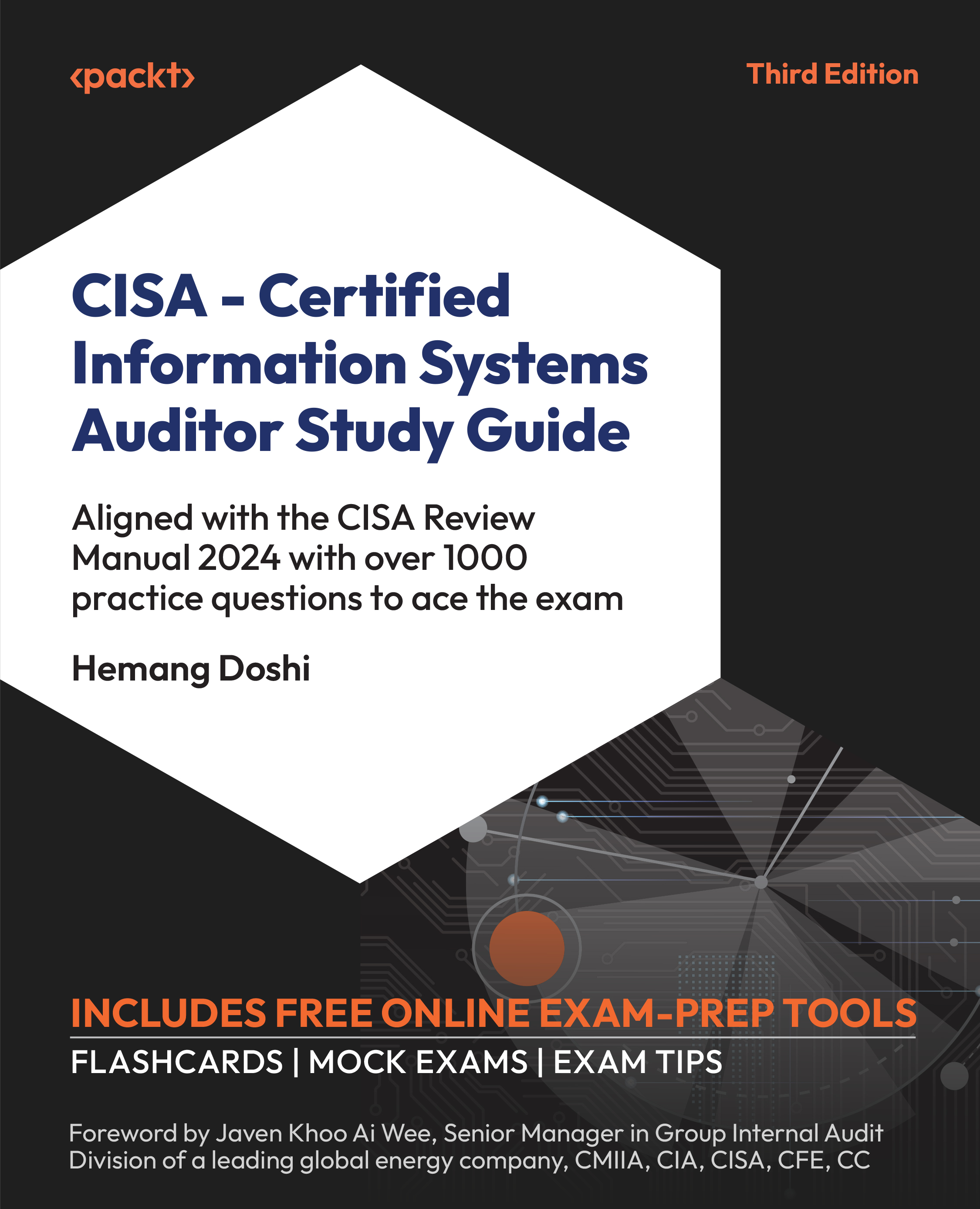In this part, you will establish a solid foundation in Bash scripting specifically tailored for pentesting. Beginning with setting up a proper hacking environment and configuring the Bash shell, this section progresses through essential file and directory management techniques needed for security assessments. You will master core programming concepts, including variables, conditionals, loops, and arrays, before diving into pattern matching with regular expressions – a crucial skill for parsing security tool outputs. The section then advances to function creation and script organization, ensuring you can build maintainable, professional-grade security tools. Moving into networking fundamentals, you will learn how Bash interacts with network services and protocols. The section concludes with parallel processing techniques, enabling you to develop efficient scripts that can handle multiple tasks simultaneously – an essential capability for large-scale security assessments. By the end of Part 1, you will have all the fundamental skills needed to begin writing sophisticated security-focused Bash scripts.
This part has the following chapters:
- Chapter 1, Bash Command-Line and Its Hacking Environment
- Chapter 2, File and Directory Management
- Chapter 3, Variables, Conditionals, Loops, and Arrays
- Chapter 4, Regular Expressions
- Chapter 5, Functions and Script Organization
- Chapter 6, Bash Networking
- Chapter 7, Parallel Processing
 United States
United States
 Great Britain
Great Britain
 India
India
 Germany
Germany
 France
France
 Canada
Canada
 Russia
Russia
 Spain
Spain
 Brazil
Brazil
 Australia
Australia
 Singapore
Singapore
 Hungary
Hungary
 Ukraine
Ukraine
 Luxembourg
Luxembourg
 Estonia
Estonia
 Lithuania
Lithuania
 South Korea
South Korea
 Turkey
Turkey
 Switzerland
Switzerland
 Colombia
Colombia
 Taiwan
Taiwan
 Chile
Chile
 Norway
Norway
 Ecuador
Ecuador
 Indonesia
Indonesia
 New Zealand
New Zealand
 Cyprus
Cyprus
 Denmark
Denmark
 Finland
Finland
 Poland
Poland
 Malta
Malta
 Czechia
Czechia
 Austria
Austria
 Sweden
Sweden
 Italy
Italy
 Egypt
Egypt
 Belgium
Belgium
 Portugal
Portugal
 Slovenia
Slovenia
 Ireland
Ireland
 Romania
Romania
 Greece
Greece
 Argentina
Argentina
 Netherlands
Netherlands
 Bulgaria
Bulgaria
 Latvia
Latvia
 South Africa
South Africa
 Malaysia
Malaysia
 Japan
Japan
 Slovakia
Slovakia
 Philippines
Philippines
 Mexico
Mexico
 Thailand
Thailand



